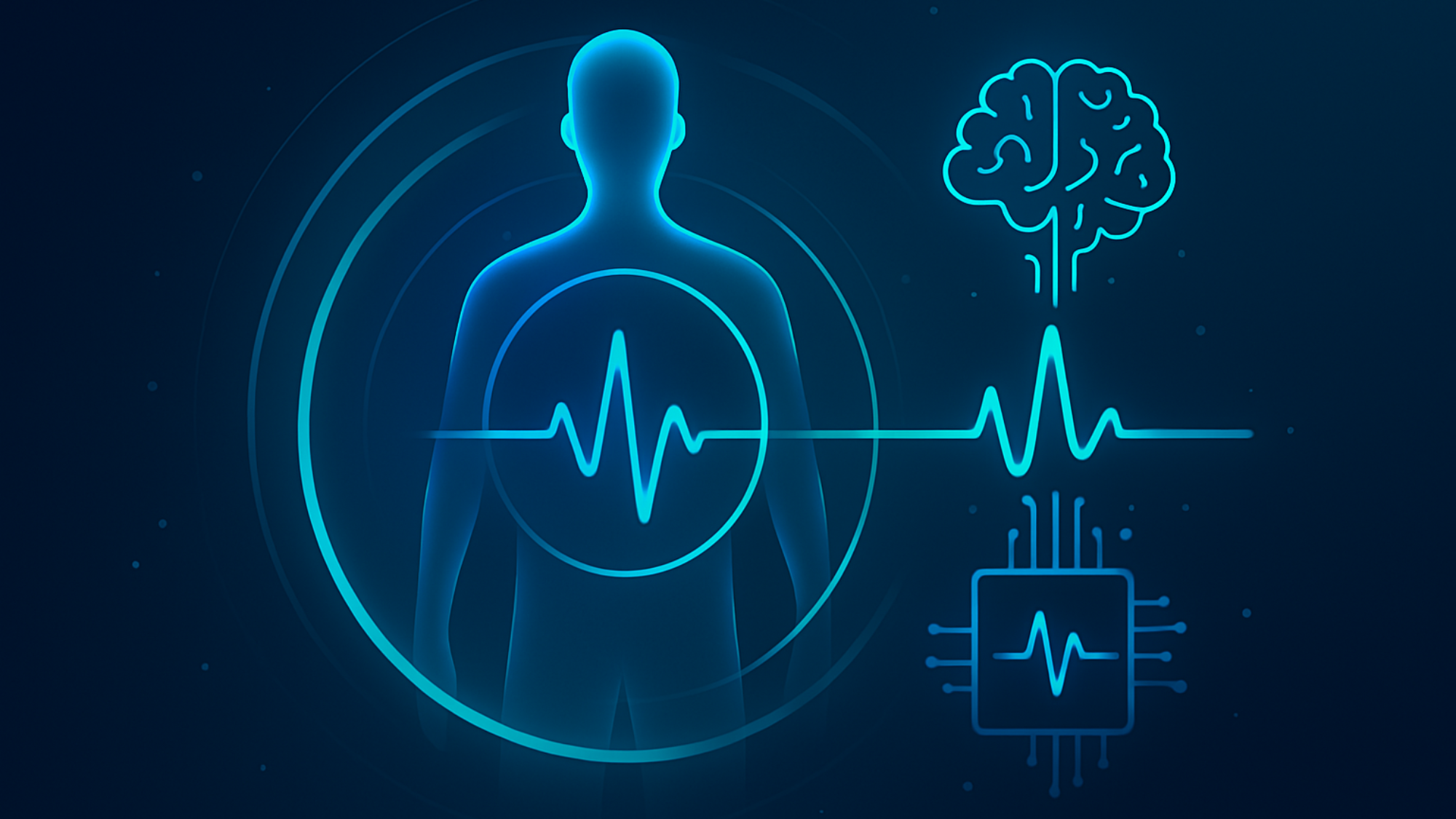In today’s fast-paced world, maintaining optimal health is more than just a trend—it’s a lifestyle choice. Health analysis plays a crucial role in understanding your body’s unique needs and monitoring your progress. Whether you’re looking to improve your fitness, prevent chronic illnesses, or simply gain a deeper insight into your overall wellness, this guide is your go-to resource for making informed decisions about your health.
What is Health Analysis?
Health analysis is the process of assessing various health metrics and indicators to understand your current state of well-being. It involves evaluating factors such as:
- Physical Health: Body composition, cardiovascular fitness, strength, and flexibility.
- Mental Health: Stress levels, mood, and cognitive function.
- Nutritional Status: Diet quality, nutrient intake, and hydration.
- Lifestyle Factors: Sleep patterns, physical activity, and daily habits.
By analyzing these components, you can create a personalized plan that addresses your unique health goals.
Why is Health Analysis Important?
Personalized Wellness Plans
One of the greatest benefits of health analysis is that it allows for the creation of tailored wellness plans. Here’s why it matters:
- Early Detection: Identify potential health issues before they become serious.
- Customization: Get insights that help create personalized exercise and nutrition plans.
- Progress Tracking: Monitor changes over time to adjust your wellness strategy accordingly.
Improved Quality of Life
Engaging in regular health analysis encourages proactive health management. By being more aware of your body’s signals, you can:
- Enhance Performance: Improve physical performance by focusing on specific areas like endurance or strength.
- Boost Energy Levels: Optimize your nutrition and exercise routines to feel more energized throughout the day.
- Mental Clarity: Understand the connection between physical health and mental well-being, leading to reduced stress and improved cognitive function.
Tools and Techniques for Effective Health Analysis
To get started with your own health analysis, consider incorporating these essential tools and techniques:
1. Wearable Technology
Wearable devices such as smartwatches and fitness trackers provide real-time data on:
- Heart rate
- Steps taken
- Sleep quality
- Calorie expenditure
Using these insights can help you adjust your daily habits and achieve your health goals.
2. Medical Tests and Screenings
Regular medical check-ups and laboratory tests are key components of a comprehensive health analysis. These tests might include:
- Blood tests (cholesterol, blood sugar levels, vitamin deficiencies)
- Imaging tests (X-rays, MRIs)
- Physical examinations
Consult with your healthcare provider to determine which tests are right for you.
3. Nutrition and Fitness Apps
There are countless apps designed to help you track your diet and exercise routines. These apps offer features such as:
- Meal planning and nutritional information
- Workout routines and progress tracking
- Integration with wearable devices for holistic monitoring
How to Get Started with Your Own Health Analysis
Embarking on a journey to better understand your health can be both exciting and rewarding. Here’s a step-by-step plan to guide you:
Step 1: Set Clear Health Goals
Identify what you want to achieve. Whether it’s weight loss, improved stamina, or better mental clarity, having specific goals will help you stay motivated.
Step 2: Gather Your Data
Collect as much information as possible about your current health status. This may involve:
- Recording daily habits (diet, sleep, exercise)
- Scheduling a full-body check-up
- Using wearable technology to monitor your activity
Step 3: Analyze and Interpret
Review your collected data to identify trends or areas that need improvement. If needed, consult with a health professional to help interpret the results.
Step 4: Create a Personalized Plan
Based on your analysis, develop a customized plan that includes:
- A balanced diet rich in nutrients
- Regular exercise routines tailored to your fitness level
- Adequate sleep and stress management techniques
Step 5: Monitor and Adjust
Health analysis is an ongoing process. Regularly review your progress, and be open to adjusting your plan as your needs and circumstances change.
Benefits of Regular Health Analysis
Incorporating regular health analysis into your routine offers several long-term benefits:
- Prevention of Chronic Diseases: Early detection can lead to timely intervention, reducing the risk of conditions like diabetes, heart disease, and obesity.
- Enhanced Self-Awareness: Understand the unique signals your body sends, allowing for better management of your overall well-being.
- Increased Longevity: A proactive approach to health can contribute to a longer, healthier life.
- Empowered Decision-Making: With clear insights into your health metrics, making lifestyle changes becomes less daunting and more effective.
Taking control of your health is an empowering journey, and health analysis is your roadmap to success. By leveraging technology, medical insights, and personalized wellness strategies, you can unlock your full potential and enjoy a more vibrant, fulfilling life. Remember, the key to lasting health improvements is consistency and a willingness to adapt your strategies based on ongoing analysis.
Stay proactive, stay informed, and start your journey toward better health today!


Add a Comment